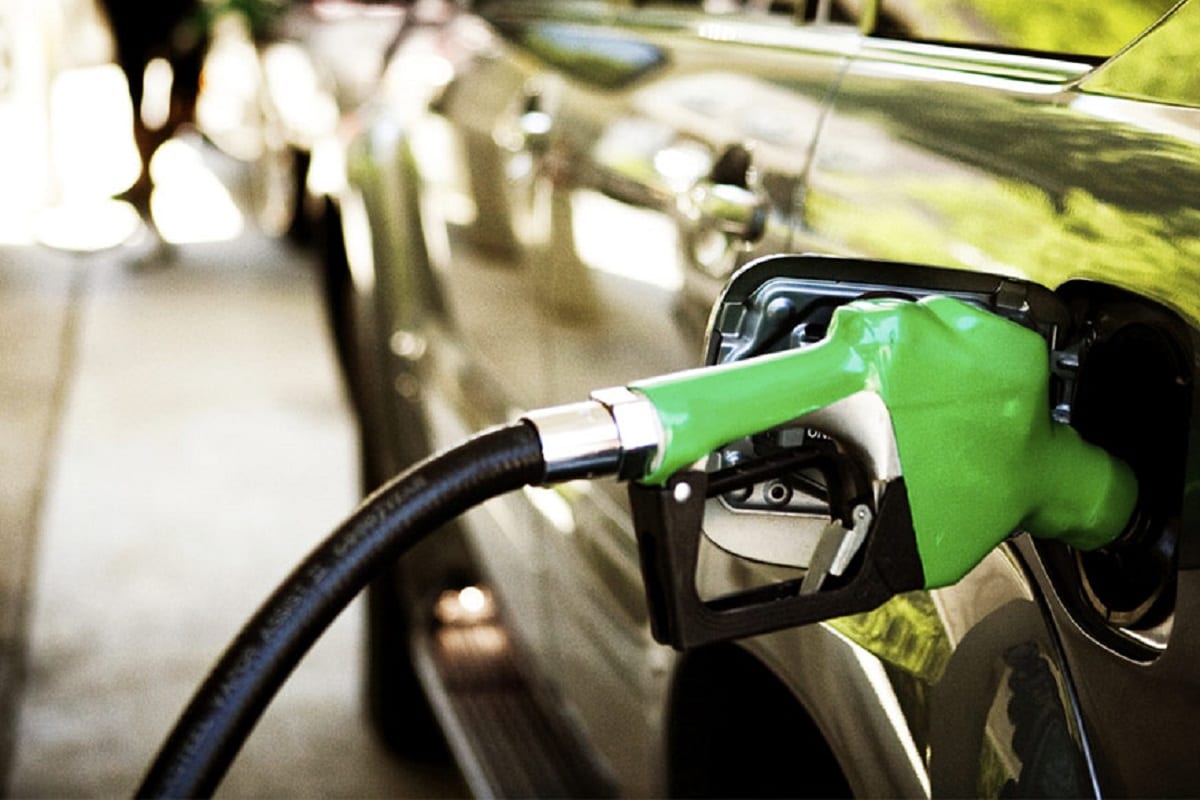Foreign investors selling Indian equities due to ‘profit booking’: Nirmala Sitharaman
Union Finance Minister Nirmala Sitharaman Monday said the foreign institutional investors (FII) are selling Indian equities lately due to the profit booking.
The Ayog had also proposed production of E-20 tuned engine vehicles from April 2025.

representational image
Targeting to cut India’s import bill on petroleum products and to promote ethanol as a fuel, Finance Minister Nirmala Nitharaman on Tuesday announced that people would have to shell out Rs 2 more per litre if they do not go for blended petrol and diesel from October 1 this year.
The aim is to increase domestic production of ethanol to be blended in petrol and generate extra income for farmers and for the sugar industry where ethanol is generally a byproduct of sugar.
Advertisement
“Blending of fuel is a priority of this Government. To encourage the efforts for blending of fuel, unblended fuel shall attract an additional differential excise duty of Rs two per litre from October 1, this year… A few other changes are being made in duty rates, Customs Tariff and Customs Law the details of which are there in the Finance Bill,” the Finance Minister said while announcing during her budget speech.
Advertisement
“Government has proposed a very small excise duty. The desire of the government is not to collect the tax but to benefit the country. The government is already in talks with the Oil marketing Companies on the project,” said Union Revenue Secretary Tarun Bajaj while interacting with the media after the budget.
The government has also reduced customs duty on certain critical chemicals namely methanol, acetic acid and heavy feed stocks for petroleum refining are being reduced, while duty is being raised on sodium cyanide for which adequate domestic capacity exists.
According to a rough estimate, India produced 335 crore litre ethanol in 2021. In its report NITI Ayog has also claimed that 20 % ethanol blending was within reach and envisaged a roadmap for the gradual roll out of E 20 ethanol in the country by 2025.
“Immense benefits can accrue to the country by 20% ethanol blending by 2025, such as saving Rs 30,000 crore of foreign exchange per year, energy security, lower carbon emissions, better air quality, self-reliance, use of damaged foodgrains, increasing farmers’ incomes, employment generation, and greater investment opportunities,” the NITI Ayog stated in its report.
It had also proposed to raise pan-India ethanol production capacity to 1500 crore litres and phased out 10 % ethanol blending by April 2022 and phased out 20% ethanol blanding from 2023. The Ayog had also proposed production of E-20 tuned engine vehicles from April 2025.
Advertisement